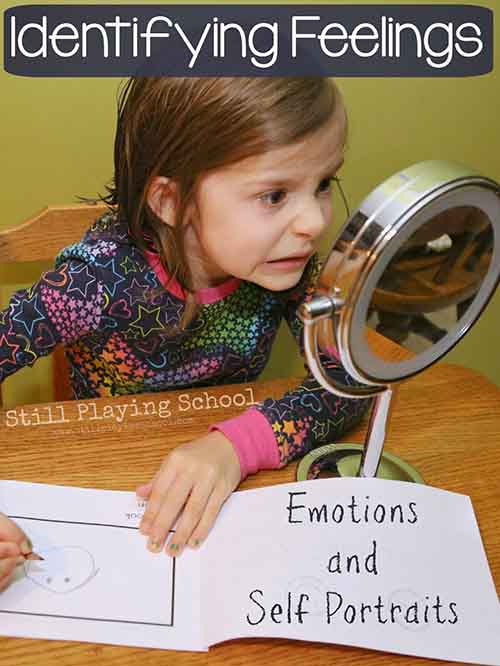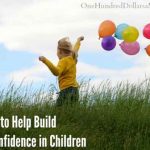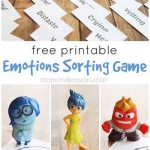Identifying Feelings: Emotions and Self Portraits
Young children experience many of the same strong emotions adults do. While your child may feel sad, angry, anxious, happy, frustrated or embarrassed, they may not yet possess the skills to connect those powerful emotions with the words to express them constructively. Children with emotional competence are more likely to be empathic – they can understand how others might be feeling. They are also more likely to help others and to find ways to deal with negative situations. Children with emotional competence are likely to do well in school and engage in positive relationships with other children and family members.
Helping your child deal with expressing their emotions can provide communication skills for a lifetime. Use meals and routines at the end of the day as a time to discuss the day with your children. Talk about events during the day that made you happy, times when you were frustrated and work you did that made you proud of yourself. Ask your children to share their experiences. Want to know more? Check out stillplayingschool.com via the link below…..
Identifying Feelings: Emotions and Self Portraits






